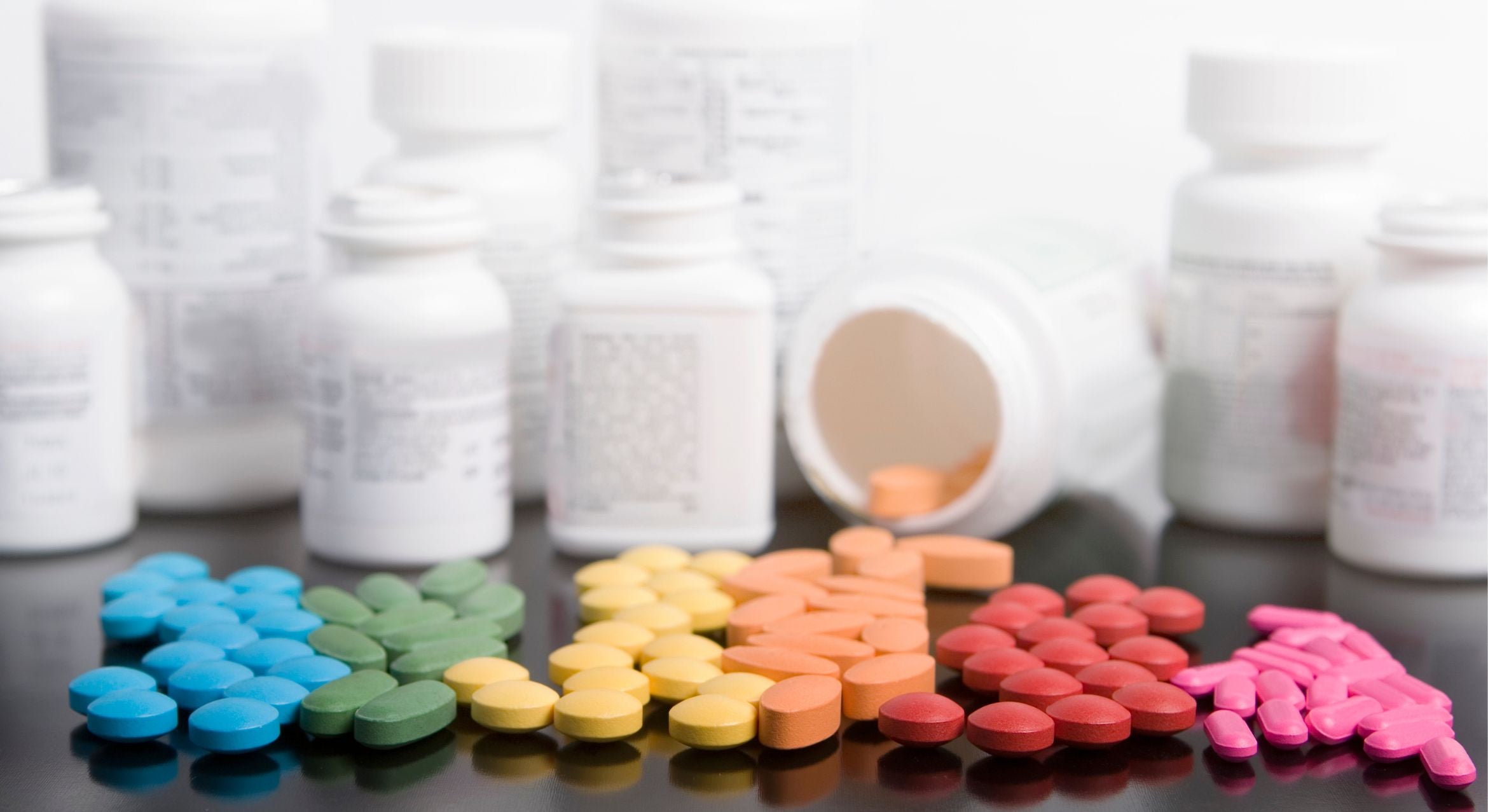While the University of California, Santa Barbara, does not have a medical school, research in its science and engineering laboratories continues to make major contributions to the understanding and treatment of many human diseases.
At a UCSB Chancellor's Community Breakfast next week, Jeffrey W. Bode, an associate professor of chemistry and biochemistry, will discuss current work in his laboratory that may lead to more efficient processes for developing and producing new drug therapies. His talk is titled "The Future of Molecular Medicine: Challenges and Opportunities."
Hosted by UCSB Chancellor Henry T. Yang and the UCSB Affiliates, the breakfast on Wednesday, May 23, begins at 7:30 a.m. It will be held in the Cabrillo Pavilion Arts Center, 1118 East Cabrillo Boulevard, Santa Barbara. Tickets are $12 per person and payment must be made in advance. For reservations, contact the UCSB Office of Community Relations at (805) 893-4388.
According to Bode, the current generation of pharmaceuticals used to treat human diseases can be divided into two categories -- small molecule drugs and biological agents -- each with its respective advantages and challenges. However, an emerging class of molecular therapeutics, particularly those based on peptide or peptide-like structures, seeks to bridge the gap between the two. New methods for the synthesis of these molecules and classes ranging from small, bioactive compounds to new biomaterials are the focus of Bode's current research.
Bode received his undergraduate degrees from Trinity University and his doctorate degree from the Swiss Federal Institute of Technology in Zurich. His research and teaching have been recognized with several awards, including a Camille and Henry Dreyfus New Faculty Award; a National Science Foundation CAREER Award; a Beckman Young Investigator Award; a Research Corporation Cottrell Scholar Award; an Alfred P. Sloan Foundation Fellowship; and a David and Lucille Packard Foundation Fellowship. He also has received prestigious young investigator awards from Amgen, AstraZeneca, Eli Lilly, and Bristol-Myers Squibb.
Related Links



